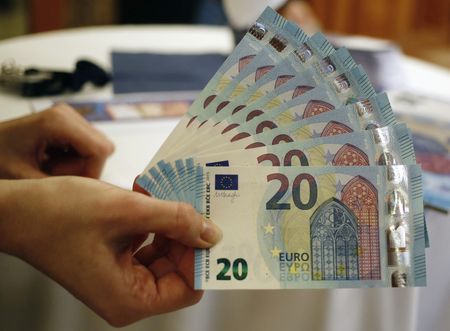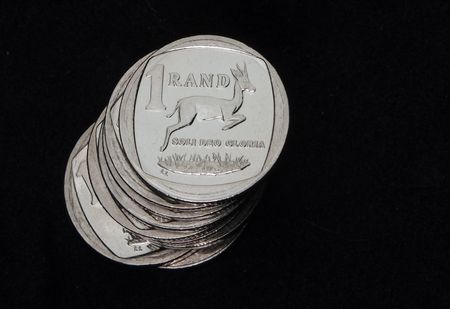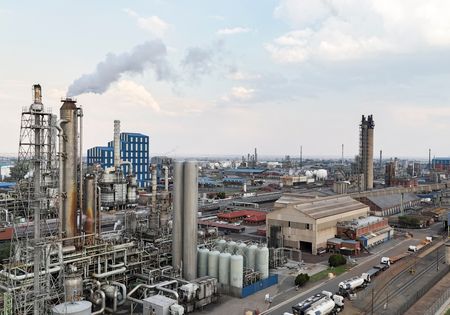By Harry Robertson and Wayne Cole
LONDON/SYDNEY (Reuters) – German stocks rallied on Monday and the euro reached a one-month high after Germany’s election result put centrist parties on track to form a coalition.
European shares more broadly held steady, while Wall Street futures rose after a U.S. sell-off on Friday.
Friedrich Merz was set to become Germany’s next chancellor after his opposition conservatives won the national election on Sunday. Merz should be able to form a coalition to govern with the ruling centre-left Social Democrats, even though the party came third behind the far-right Alternative for Germany.
“In the end (it was) a result that was close to the latest exit polls and should be a very market-friendly outcome,” said Peter Schaffrik, global macro strategist at RBC Capital Markets.
The euro rose to a one-month high of $1.0528 before dipping to last trade 0.1% higher at $1.0469.
“While Merz seems determined to ease off the so-called debt brake, which limits annual borrowing to 0.35% of GDP, it won’t be straightforward, because he will need a two-third majority in parliament,” said Susannah Streeter, head of money and markets, Hargreaves Lansdown.
Germany’s DAX stock index rose 0.57%. The pan-European STOXX 600 index last traded flat as tech stocks slipped.
German coalition talks start as EU leaders are set to hold an extraordinary summit on March 6 to discuss additional support for Ukraine and how to pay for European defence needs.
This week marks three years since Russia began its full-scale invasion of Ukraine.
WALL STREET STEADIES
S&P 500 futures climbed 0.47% while Nasdaq futures gained 0.39%. The Nasdaq fell 2.5% last week, its worst week in three months, with losses led by the “Magnificent Seven” tech firms. [.N]
Wall Street took a hit on Friday when a survey on services showed a slide in activity amid concerns about tariffs and cost pressures.
The pullback has raised the stakes for Nvidia’s results on Wednesday when investors will be looking for further rapid growth in revenue.
The Federal Reserve’s favoured measure of core inflation is due on Friday and expected to show a slowdown to 2.6% from 2.8%, but any impact could be clouded by the focus on tariffs, which could be inflationary.
A survey of U.S. consumers out on Friday showed inflation expectations for the next five years climbed to 3.5%, the highest since 1995.
“There are many irons in the fire, and markets don’t have the privilege of looking much beyond daily developments,” said Francesco Pesole, currency strategist at ING.
The dollar index, which tracks the currency against six peers, was very slightly higher at 106.64.
The U.S. currency rose 0.32% against the yen to 149.77, after sliding last week on the back of rising expectations of further rate hikes from the Bank of Japan.
In commodity markets, gold remained well supported at $2,947 an ounce, having climbed for eight weeks in a row. [GOL/]
Oil has been heading in the other direction, in part on speculation an eventual peace deal on Ukraine could lead to an easing of sanctions on Russia that could boost its fuel exports. [O/R]
Brent was flat at $74.45 a barrel, continuing to trade around its lowest level since late December.
(Reporting by Harry Robertson in London and Wayne Cole in Sydney.; Editing by Shri Navaratnam, Andrew Cawthorne and Barbara Lewis)









